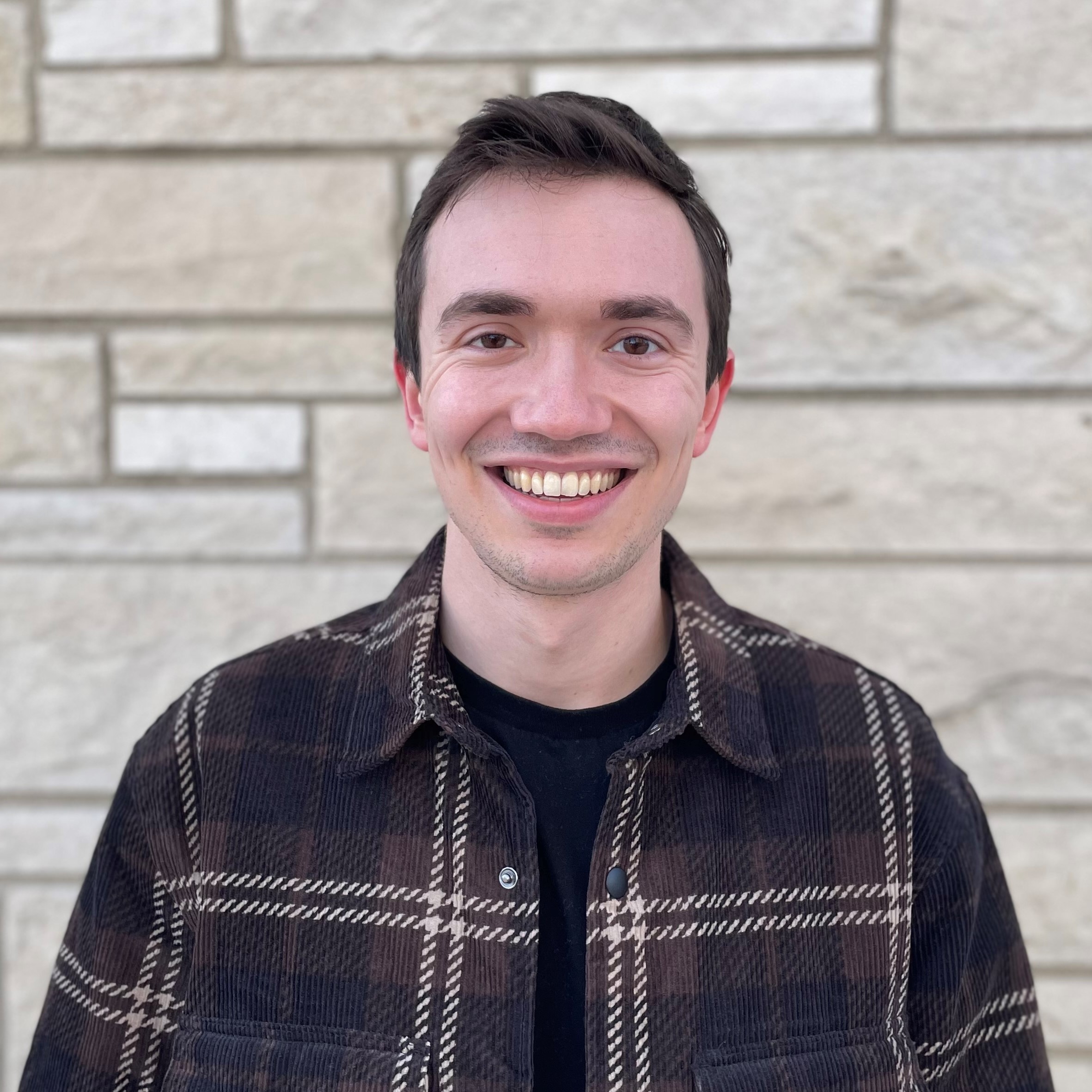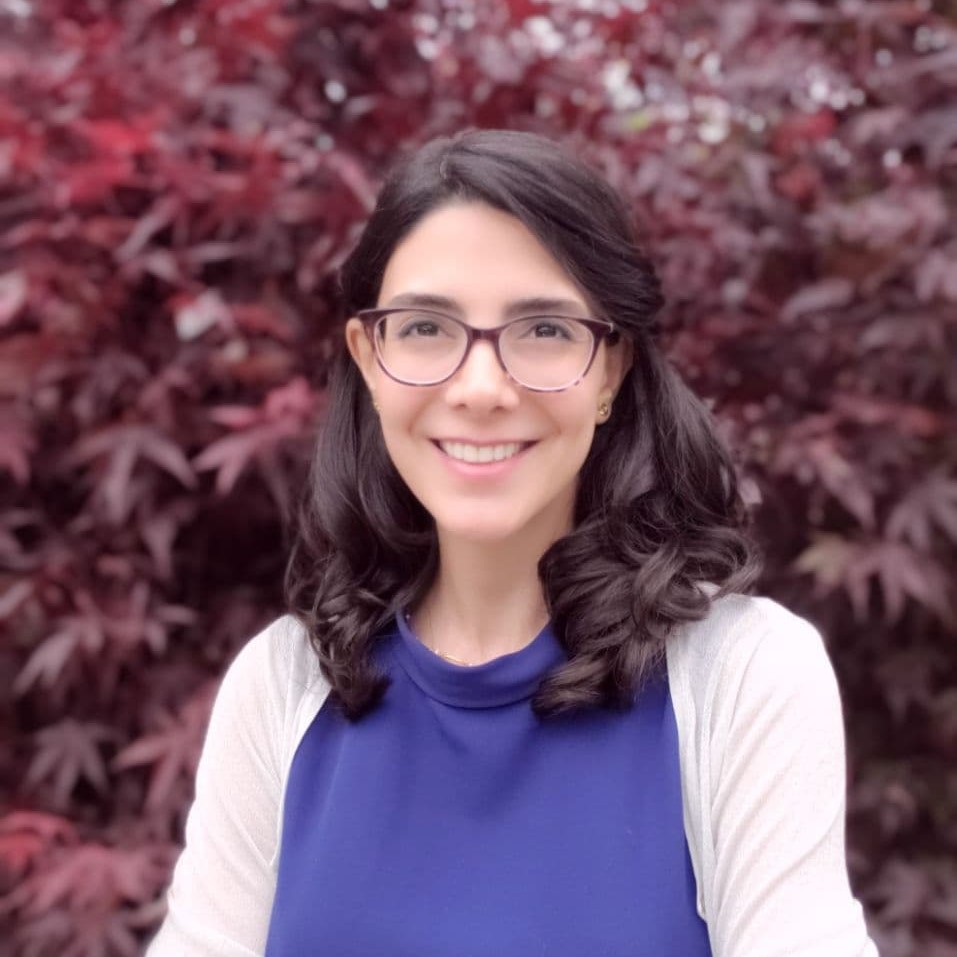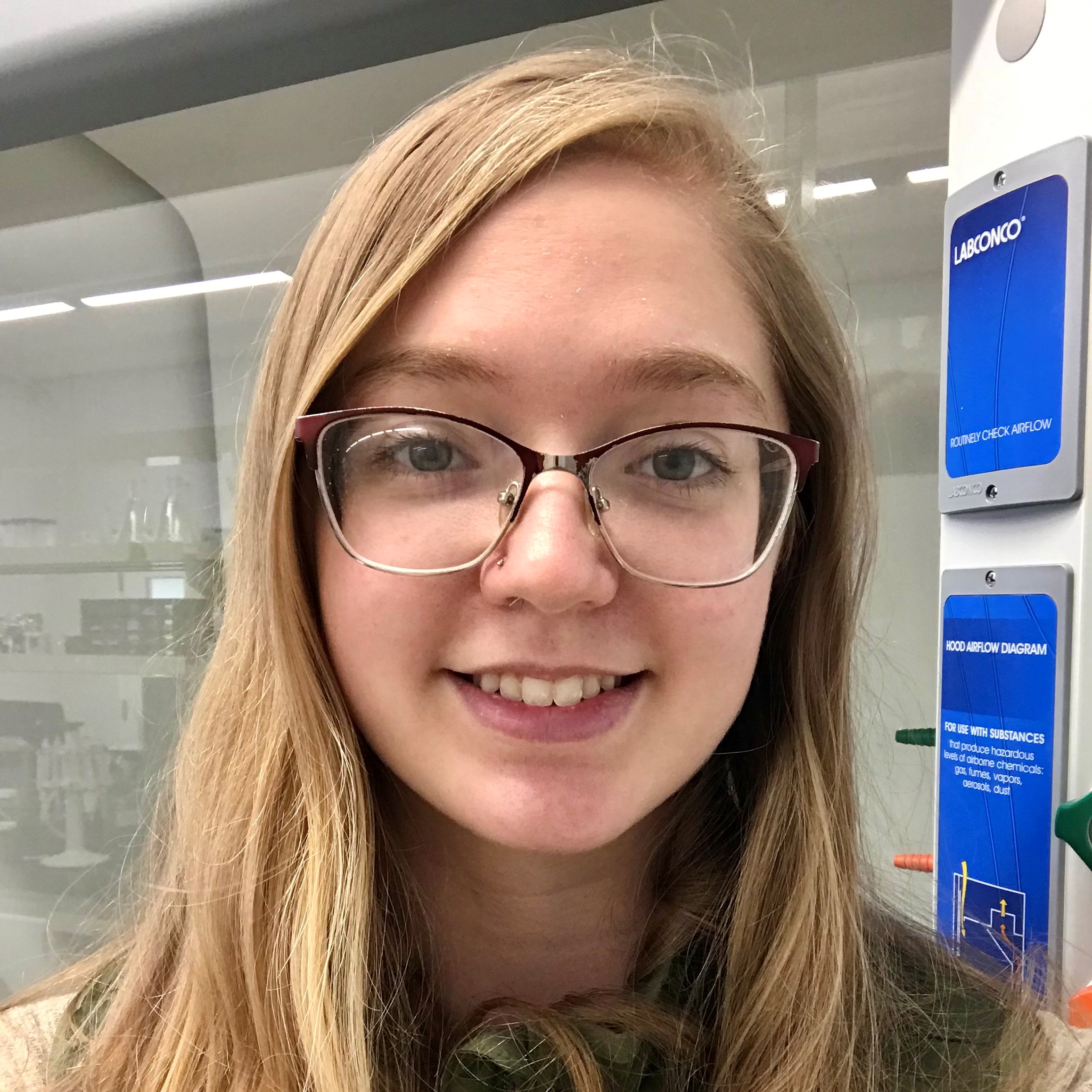Office of Science Graduate Research Awardees
Meet the Office of Science Graduate Research awardees at PNNL:
2023–2024 Awardees
 | Alexander von Rueden, University of Wisconsin-MadisonAlexander von Rueden is a fourth-year chemical engineering PhD candidate advised by Professor Manos Mavrikakis in the Computational Surface Science and Catalysis Group at the University of Wisconsin-Madison. His graduate research focuses on atomistic modeling of catalytic systems relevant to clean energy conversion. Before pursuing his PhD, he graduated summa cum laude with distinction from the University of Minnesota, Twin Cities, earning dual degrees in chemical engineering and chemistry. He is excited to perform ab initio molecular dynamics simulations with Computational Scientist Mal-Soon Lee to better understand the dynamic behavior of electrode-electrolyte interfaces under reaction conditions. Insights gained from this collaboration will aide in the development of improved electrochemical devices for clean energy conversion |
 | Christine Burgan, University of LouisvilleChristine Burgan attended Transylvania University, where she worked under Professor Jessie Brown on vanadium and chromium bonding trends to chalcogens. In 2019, she graduated with her BA in chemistry. Burgan is working toward her PhD at the University of Louisville under Professor Craig Grapperhaus and Professor Robert Buchanan. Her thesis work focuses on metal complexes and their interactions with small molecules, such as protons and carbon dioxide. To begin her final year of her PhD she will work at PNNL under Chemist John Linehan and the Catalysis team. In her limited free time, she enjoys playing with her two dogs, tinkering with her large collection of house plants, and playing Hogwarts Legacy. |
 | Lili Rassouli, University at BuffaloLili Rassouli is a PhD candidate advised by Professor Michel Dupuis in the Department of Chemical and Biological Engineering at the University at Buffalo, where she is pursuing her doctorate in chemical engineering. Her research focuses on electron transfer in photoelectrochemical cells, which are used to convert solar energy into clean fuels, such as hydrogen and oxygen. Rassouli joined the University at Buffalo with six years of research and industrial laboratory experience, including two years in manufacturing companies. She has published five research papers to date (June 2023). Rassouli will be working with Laboratory Fellow and Chemist Kevin Rosso and his group at PNNL. |
 | Dustin Broderick, Ohio State UniversityDustin Broderick is a graduate candidate studying chemistry at Ohio State University in the John Herbert’s research group. He is a computational chemist developing fragmentation methods used to make simulating large chemical systems with ab initio methods more efficient. At PNNL, Broderick will be working with Physicist Chris Mundy. He is originally from Utah and enjoys spending time outdoors running, biking, and climbing. |
 | Nahin Ferdousi-Rokib, University of Maryland, College ParkNahin Ferdousi-Rokib is a third-year chemical engineering PhD student at University of Maryland, College Park who is working in the Environmental Aerosol Research Laboratory under Professor Associate Dean Akua Asa-Awuku. Her current research focus is on the influence of complex organic-inorganic aerosol mixtures on cloud condensation nuclei activity and improving models to predict their hygroscopicity. Her passion for aerosol research started during her sophomore year of undergraduate studies at Lafayette College, where she earned a BS in chemical engineering. She will be working with PNNL Earth Scientist Laura Fierce, where she will focus on adapting cloud parcel models to account for surface tension. Apart from being in the laboratory, she enjoys going on trips with her husband and dog. |
 | Riley Barton, Rensselaer Polytechnic InstituteRiley Barton is currently a geology PhD student at Rensselaer Polytechnic Institute in Troy, NY. She obtained her BS in chemistry and geology in May of 2020 from Rensselaer Polytechnic Institute. Working under Assistant Professor Sasha Wagner, her research focuses on the cycling of pyrogenic carbon in fire-affected aquatic systems. She is interested in water quality, the global carbon cycle, and the role and limitations of analytical techniques in understanding how individual molecules behave in the environment. At PNNL-Sequim, Barton will work with Bio Geochemist Allison Myers-Pigg to develop a new, time-efficient, and cost-saving method for analyzing anhydrosugars in water. Using this method, she will quantify anhydrosugars in water samples from coastal streams impacted by the 2020 San Mateo–Santa Cruz California Unit Lightning Complex Fires (also referred to as CZU Lighting complex fires) and predict the degradation and fate of pyrogenic carbon using a reactive transport model. |